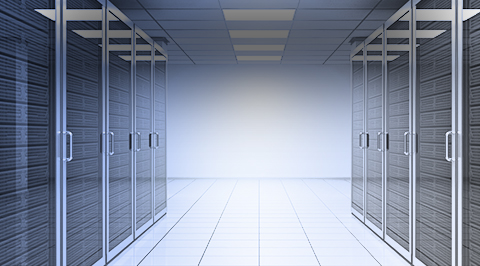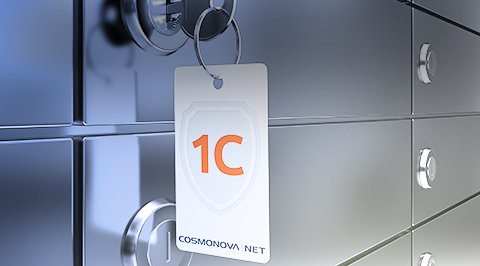Data centers are the foundation for our fast digital age, offering a huge variety of services for businesses. Today, misconceptions about data centers have become so popular that often accepted at face value. Let's put an end to them once and for all.
Myth 1: The clouds soon supplant data centers.
This myth keeps coming up in the context that, say, new technologies and the growth of public clouds will reduce demand for data-center services. In fact, reality is exactly the opposite: clouds live in data-centers. Data volume is constantly rising due to speedy development of such fields as the Internet of Things, mobile computing, big data analytics, industrial internet, and so on. All these data need to be hosted in a data center, regardless of whether this cloud public or private.
Myth 2. In data centers will soon run out of power.
It is believed that energy consumption by data-centers is coming to a critical point, and data-centers will soon reach it. In fact, the world will more likely run out of space to accommodate servers than we ever reach the point where the data center is not enough energy. Technological advances make computing and network technologies much more efficient.
Myth 3. Data-center hosting is expensive.
Data-centers are constantly competing with each other and trying to optimize their costs to provide more beneficial conditions for clients. Of course, many startups use the services of free public clouds, but with their development and growth at a point these resources are not enough, and transfer data from one resource to another can be a complicated process — so, it is better to use data-center services from the very beginning.
Myth 4. Due to the development of new technologies demand for data-center services will decline.
New technologies help reduce computing density and space required to store data. Today, there is an increase in technological innovation: migration of commercial applications into clouds, increase in mobile data traffic to maintain connectivity, development of Internet of Things, new emerging sources of large amounts of data, and so on. All these technologies require space to be stored, and it's data-centers that provide the hosting space.
Myth 5: Data centers are only required to store the information.
Data-centers are not just for hosting static information, they serve as a link for today's digital economy. Data-centers are the laboratories where the information is analyzed; they help trading partners to exchange data and perform instant transactions; they are a workshop for development of innovative services that make our lives better and easier.
Myth 6. Remote data-centers are always better.
When choosing a data center there is no need to look for one that's a block away from your office. On the other hand, it should not be located on the other side of the world, as this may have a bad effect on delays and the critical load. With the financial services, particularly transactions on the stock market, the closer to the object — the better.
Many myths are based on rumors, negative experience of dissatisfied data-center clients and mere envy. Sometimes, data-center customers disseminate themselves such rumors to maintain their competitive advantage on the market. It's recommended to be skeptical of heresay and do some basic research yourself.
If you want to know more about Cosmonova data-center, you can easily get accurate and full information — just contact us.



